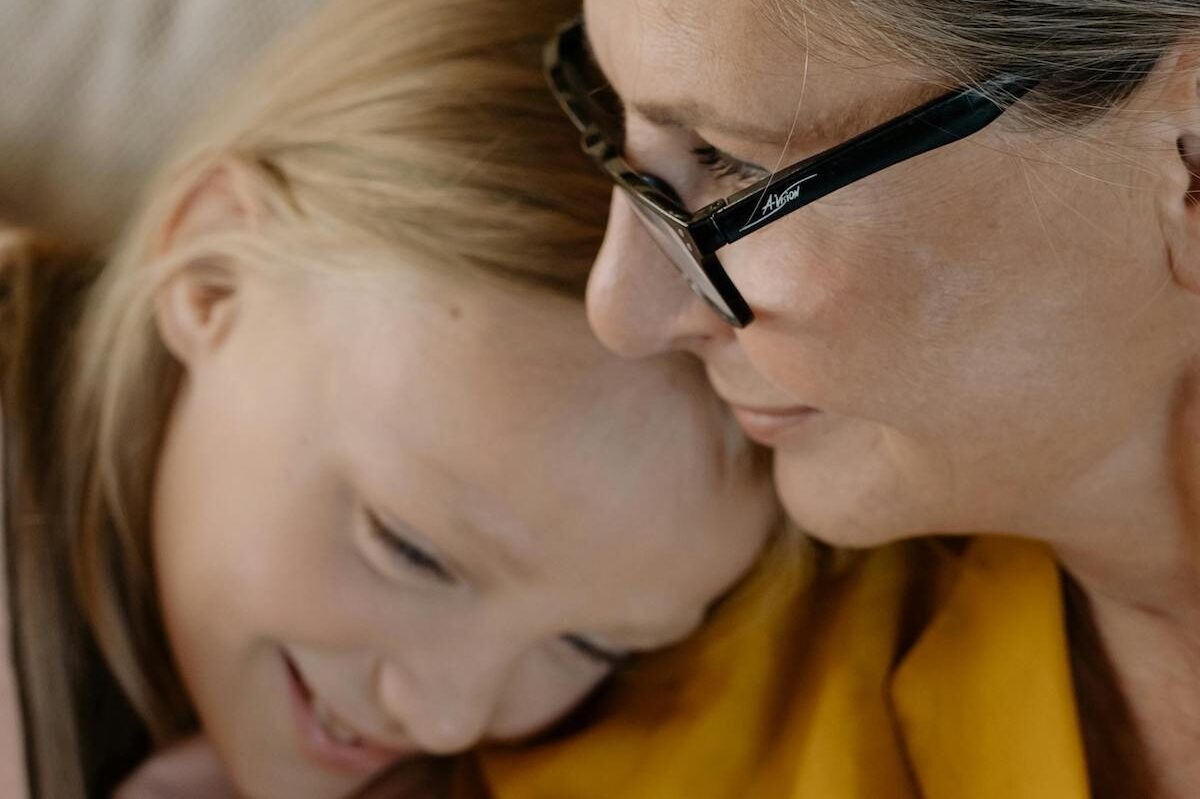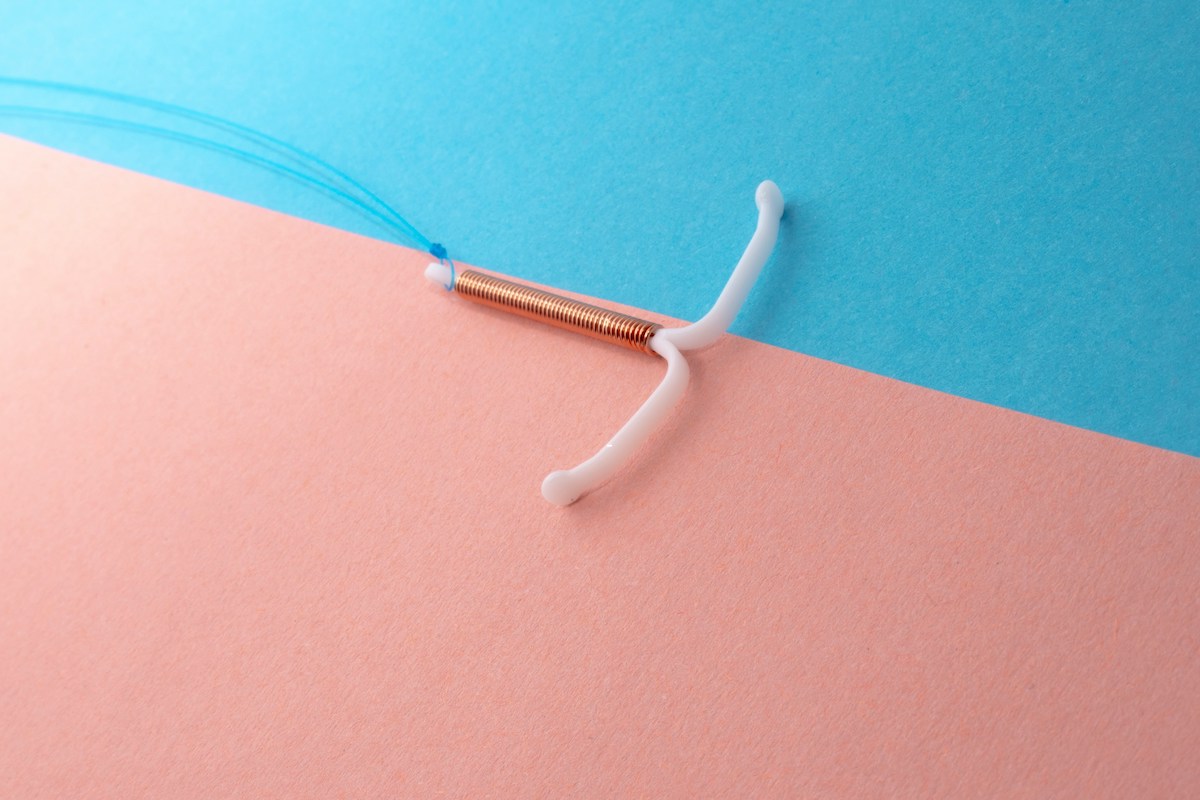Are deep, painful pimples part of perimenopause? Is there a way to deal with them?
—44-year-old with teenage acne
There is nothing quite like peering into the mirror only to see acne and wrinkles co-existing in the same square inch! Yes, some women do develop acne in their 40s and 50s. Adult acne is just defined as acne after age 25. Unfortunately, there are no good studies that separate out women in their 40s and 50s from the younger crew. In one study that did stratify women by age, about 12% of women between the ages of 41 and 50 had clinical acne.
We know there are changes in our hormones that occur in midlife that can trigger acne. Women have small amounts of testosterone and another similar hormone, dehydroepiandrosterone (DHEA), from puberty onward. Most younger women have so much estrogen and so little testosterone and DHEA that they don’t see much effect from the “male” hormones* collectively called androgens.
As follicle-stimulating hormone rises and estrogen levels fall, in our 40s and 50s, the balance between estrogen and androgens shifts. Effectively, we have more androgens relative to the amount of estrogen we have. Androgens stimulate the oil-producing glands in the skin to produce more oil. More oil leads to more acne.
At first, women may experience this as cyclic acne, tied to the drop in estrogen and rise in androgens just before a menstrual period, but as women progress into perimenopause and menopause, acne can occur at any time. There are many options for treating adult acne, from topicals to oral medications. Some have been around since we were teenagers, but there are also some newer options, including a whole host of light and laser therapies. It is definitely worth a visit to your dermatologist to discuss which options might work best for you.
* In younger women, symptoms of high male hormones can be related to polycystic ovarian syndrome, but that is a topic for another day
Community Guidelines













Log in